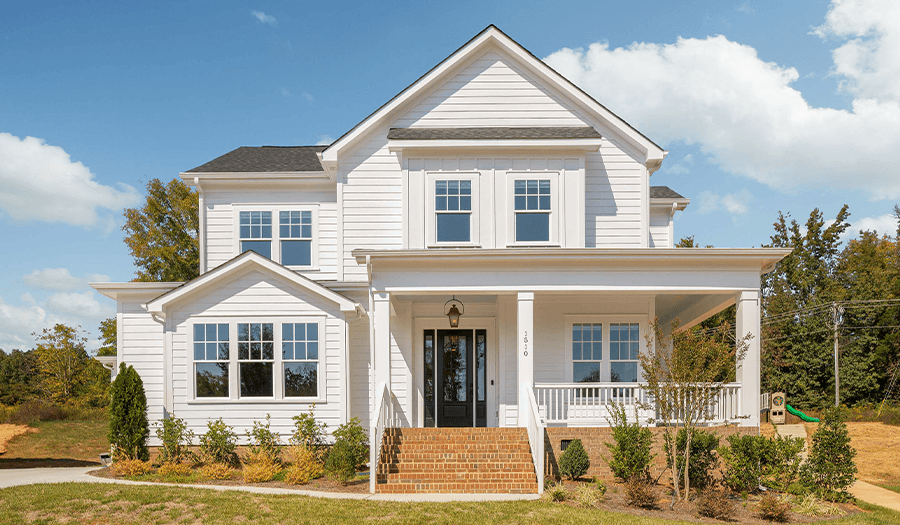When looking for a brand-new home, one of the first things people naturally think about is the cost. This can lead some buyers to automatically dismiss the idea of a newly-built home as they assume it’ll be out of their price range.
Some people jump to the conclusion that a resale home will be cheaper than a brand new one. However, often the price of a new home is very comparable. What’s more, when you factor in all the costs over the years, a new build is not only a lot more affordable than you may realize, it could save you a lot of money and time in other ways too. The overall total cost of ownership for a new home can be a lot less than a resale.
Let’s take a look at a few of the differences between a newly-built and a resale home that people don’t always consider.
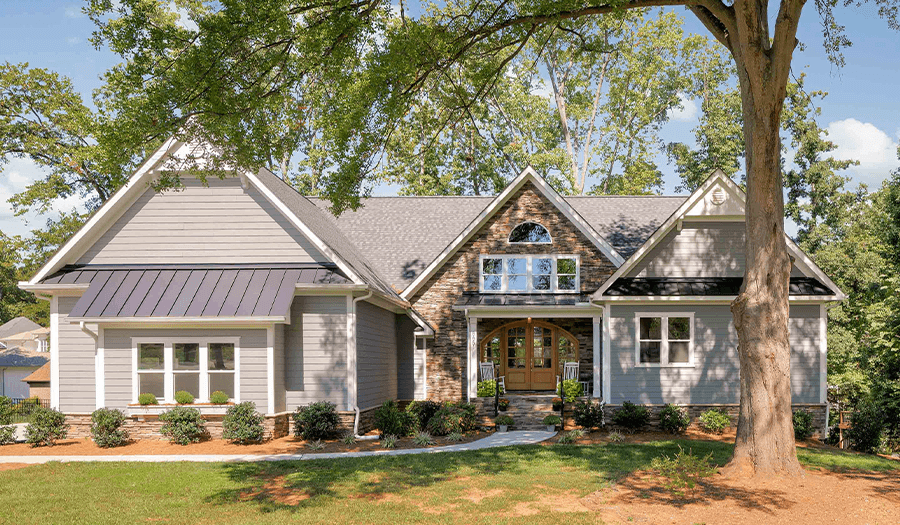
Newer Homes Keep Their Value
One of the main ways a new home can save you money is quite a simple one – you know what you’re getting! With a brand-new home, you know everything is brand-new, is up to current standards and made with modern materials, on-trend, and is inspected at every step.
With a resale home, you don’t always have this guarantee. Of course, not all resale homes will have issues and you can mitigate the risk somewhat with a thorough home inspection, but that doesn’t mean something can’t go wrong within a year or two, simply due to older materials. With a new home, this isn’t a worry and you know there will be no surprises right after you move in.
There are many examples that help illustrate this, a number of things wear out in a house over time. The roof is an easy and expensive example to understand. Even resale homes with a “new” roof, say it’s two years old, has lost some of the useful life. Contrast that with a new home that has a “brand new” roof. Consider the same reasoning for heating and air systems, appliances, faucets, siding, painting, etc… it all adds up to some serious lost value.
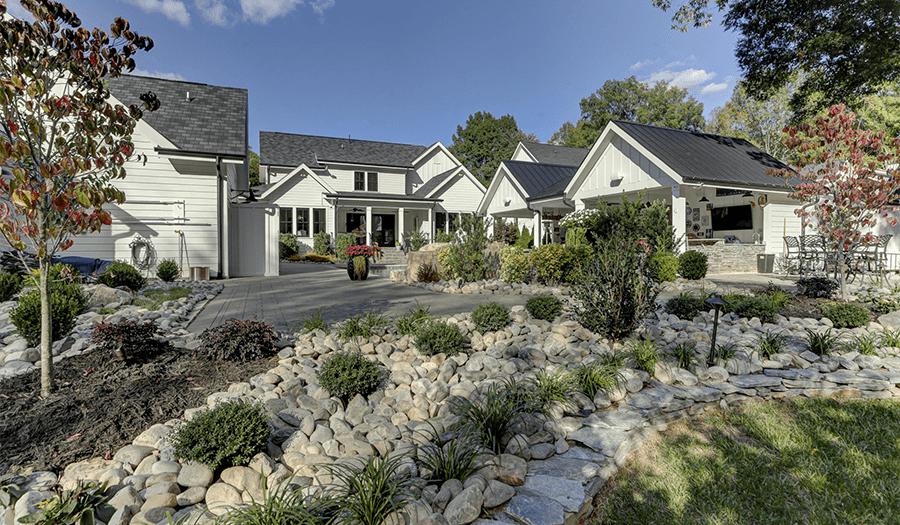
Up-and-Coming Locations
Another factor that makes a new home a great long-term investment is the location. New homes tend to be built in desirable communities (whether new or established), which means they’re also desirable to other buyers (and builders), which in turn will raise the value of the home over time.
A newer home will also save you money if you eventually do decide to move on – a building that was brand-new when you bought it will have a lot more value than one already a decade or two old when you moved in. Most builders include a transferable warranty so the next buyer will have more peace of mind making your new home easier to resell.
Environmental & Efficiency Benefits
Today’s new homes are constructed to be much more energy efficient and environmentally friendly. They’re more air-tight, leading to less heat or cold air loss. Modern technology allows a home to breathe and function more efficiently through higher quality materials such as low energy windows, better R-value insulation, and radian roofs that reflect the summer heat.
Your appliances will also be brand new, most of which have an efficiency rating to meet today’s minimum standards. This increased efficiency is not only good for the planet, it also saves you thousands of dollars over time in utility bills and maintenance costs. Also, you won’t need to replace your appliances for many years, saving you money in the longer term.
While there are definitely ways you can achieve some, if not all, of these efficiencies in a resale home, there are two big differences – the process and costs for them aren’t built into your mortgage payments and you will have to live through the repairs. This means you’ll need to cover them out of pocket, rather than being able to spread them out over time.
Warranty Coverage
When you build a brand-new home, everything inside and outside is brand new. You won’t need to worry about replacing shingles, appliances, gutters, or any part of your new home for many years after you move in. You’ll save on repair costs, as you’ll only need to think about basic maintenance on your new home. Your time will be spent enjoying your new home rather than fixing things.
In the unlikely event that anything should go wrong with your new home, you will be covered by an extensive warranty program for up to ten years. This means you still won’t have to worry about paying out-of-pocket for major expenses on your home.
This is one situation where, unfortunately, a resale home can’t really compare. There are some ways where you can purchase home warranty on a resale home but coverage is limited and difficult to make a claim against if the need arises. However, going this route could also mean having some of the possible repairs covered (although it won’t cover pre-existing conditions).
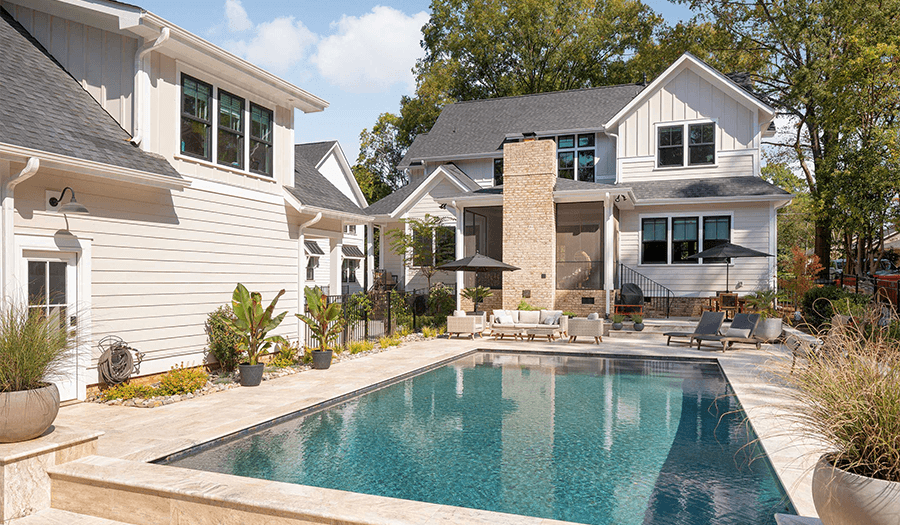
Combining Your Lifestyle Into Your Home
Your home should reflect and work with your lifestyle
- Do you love going to the gym? Design your new home to have a workout space to save on gym membership fees and driving time in going.
- Do you have a pet? Build a doggy shower right into your garage to make washing up easy.
- Love watching movies? Create a home theater system and enjoy hosting movie nights with your friends and family at your own cinema.
When you build new, you can design your brand-new home to fit your lifestyle perfectly.
Now, in a resale home, achieving this can be a little more difficult. Not impossible, just not quite as easy when you can do it right from designing your home. Finding a resale that fits perfectly with your lifestyle may take some extra work. In most cases, you’re looking at renovations, which comes with its own set of pros and cons.
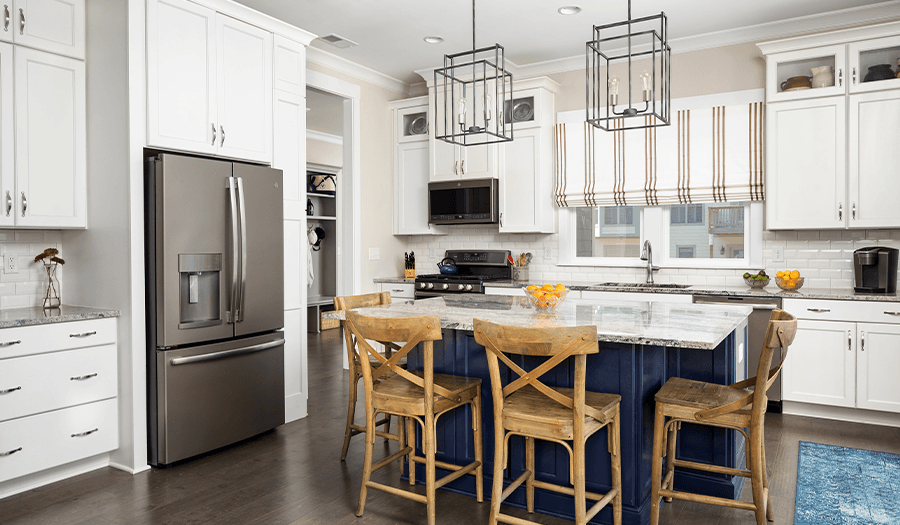
Your Home Is Designed Just For You
When you have a home that fits your needs and lifestyle perfectly, you’re much more likely to stay in it for far longer.
Getting this with a brand-new build is much easier because you can select all the features that matter to you and create a truly customized home, made just for you.
If you purchase a resale home, you may find that in a few years it no longer works for you and you’ll need to sell to buy another home. This costs you lost equity, costs of moving, and real estate agent fees – thousands of dollars you wouldn’t need to spend if you build a brand-new home and stay in it for the long haul.
When deciding whether to buy new or fix up an existing home, it’s important to consider your personal situation and weigh the price of the home against potential unexpected expenses that might pop up in the future.
By owning a brand-new home, you can mitigate or even completely eliminate a lot of these unexpected issues, and with the price of brand-new homes becoming increasingly comparable to that of resale, you might just find that building new is the perfect way to have a home that sets you up for a solid financial future.


